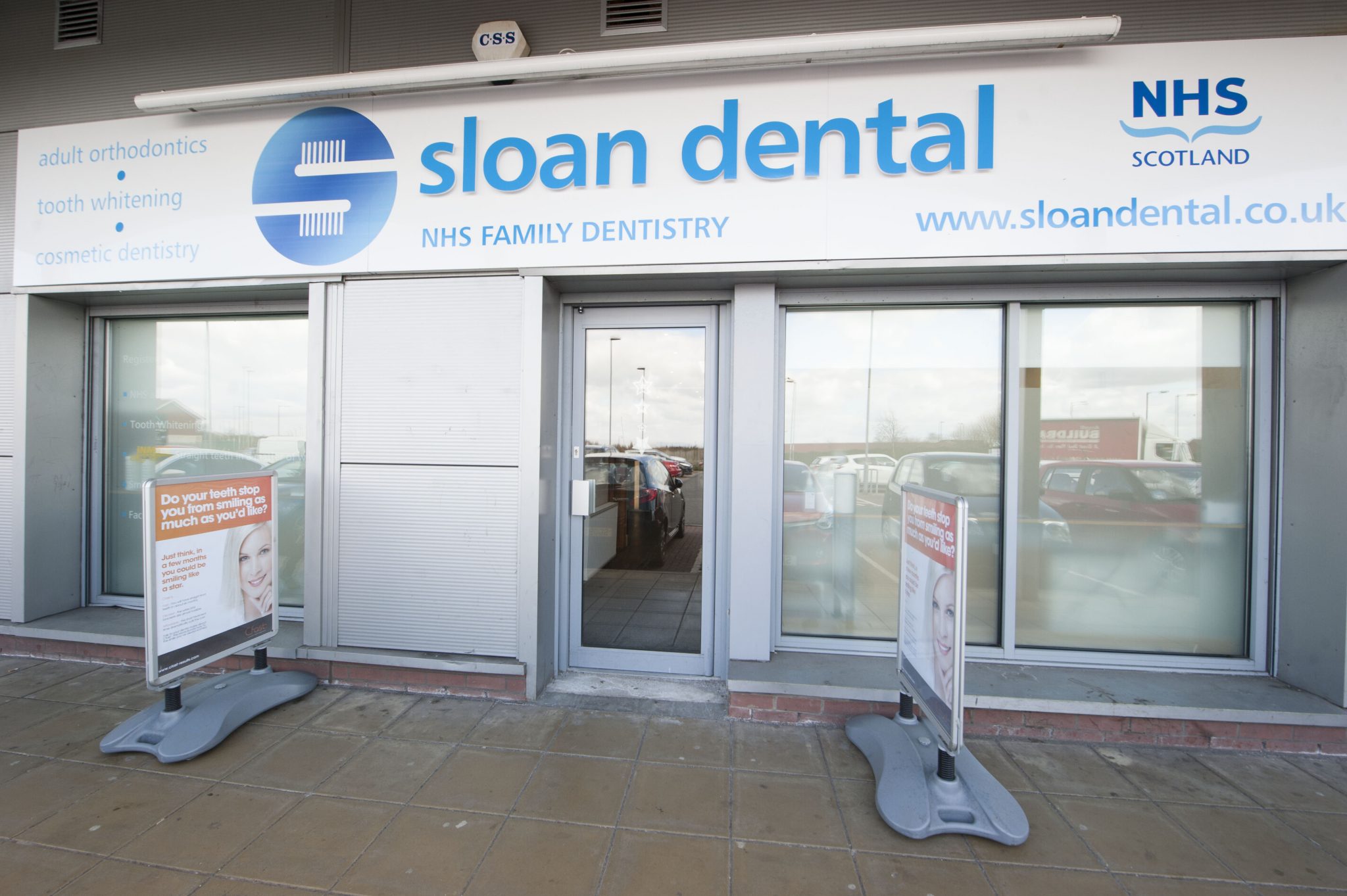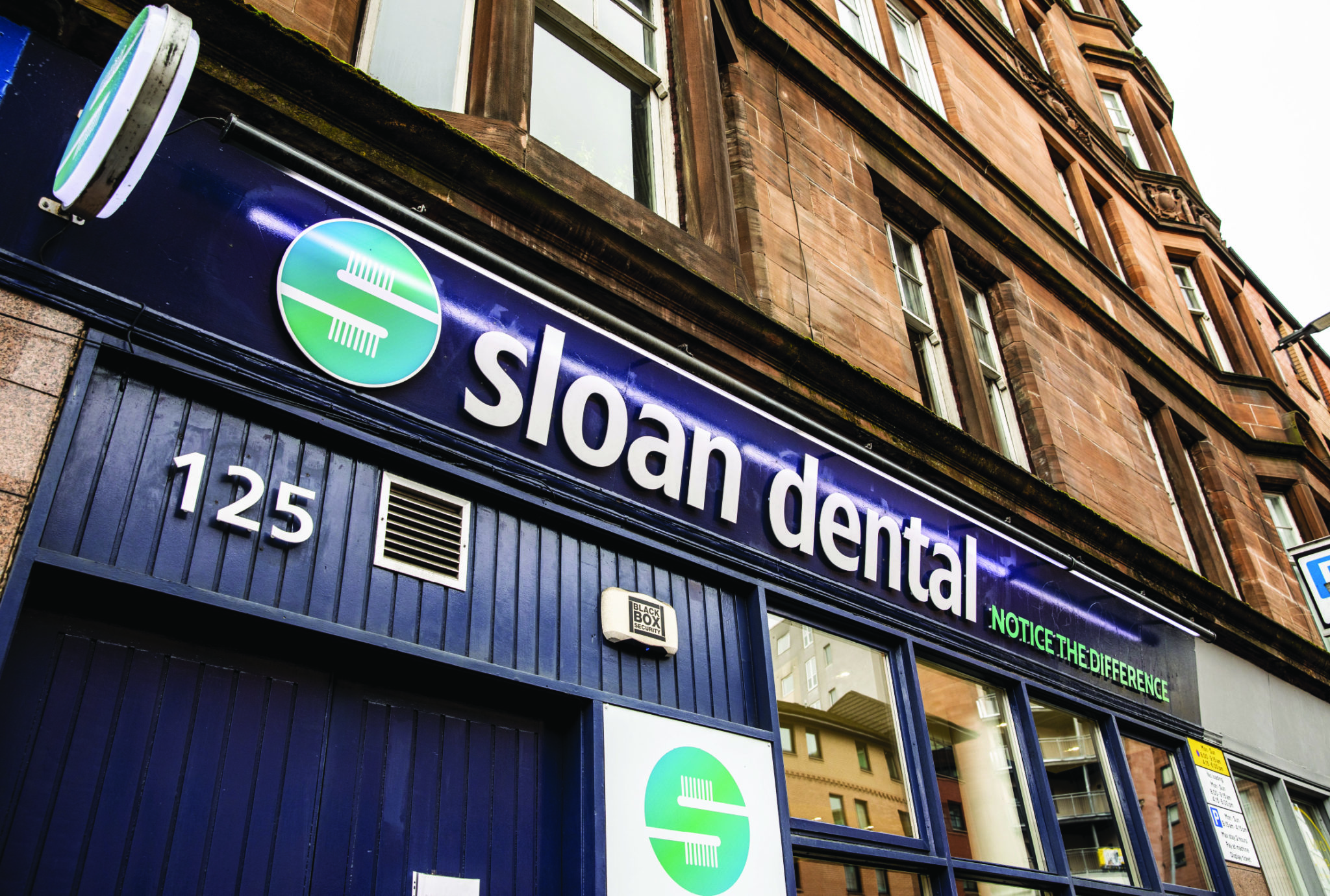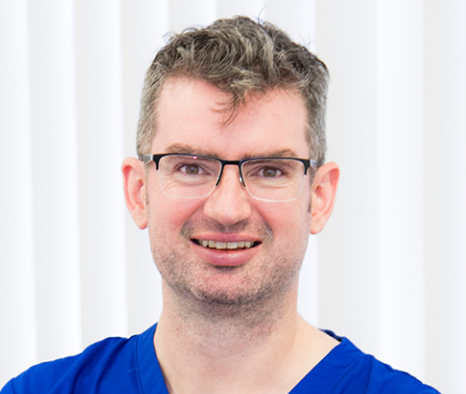Good oral health is about so much more than just brushing and flossing daily. The choices that we make at mealtimes and between meals will have just as significant an impact on oral health as any brushing routine.
The teeth are an important part of the digestive system as they are the first step in the process. Healthy teeth can handle most food items with ease, but there are small changes to your diet that can help to protect your teeth at the same time.
What is the relationship between nutrition and dental health?
There is a clear link between dental health and quality of nutrition. This means that it doesn’t matter how well you brush and floss your teeth, you can’t always brush away the effects of a bad diet.
Any diet high in sugar and highly acidic food and drink will have a negative impact on oral health, no matter how well you brush at the end of the day. And there are food choices you can make that will safeguard your oral health in other ways.
Foods rich in certain vitamins and minerals will help to protect teeth and bones by making them denser and stronger. The link between nutrition and oral health is about more than just avoiding the bad choices; it should also include things that are good for your oral health.
Being aware of the risks of certain foods for your oral health is often just as important as having the willpower to avoid them. Simple awareness will allow you to counteract the bad side effects of these foods, making them less harmful to your health.
How can diet improve your oral health?
Simple changes to your diet could help to prevent further damage to your teeth and protect your oral health in the future. Before we explore the biggest culprits that are damaging our oral health, let’s explore the process that leads to dental erosion and cavities.
Teeth are surrounded by a layer of enamel which protects the dentin below. When we eat or drink things containing sugar or starch, bacteria in the mouth converts these carbohydrates into acid. If left on the teeth, this bacteria forms a sticky substance called plaque.
When plaque is allowed to build up on the teeth, it provides a place for acid and bacteria to gather, which will then dissolve the tooth enamel. Once the enamel is gone, the dentin below is exposed to bacteria, which can create holes that go right down to the tooth pulp.
Brushing and flossing your teeth twice a day will help to remove this plaque and keep cavities away, but this isn’t always effective. Sipping sugary drinks throughout the day or snacking between meals will increase your exposure to acids that attack the tooth enamel.
Once the enamel has eroded, there is no way to get this back. Enamel erosion can lead to bad breath, bleeding gums, increased sensitivity and cavities. If left untreated, cavities can spread to the tooth pulp. At this point, root canal therapy or extraction is the only option.
Which foods affect the health of your teeth and gums?
There are some obvious culprits that are best avoided, or limited to occasional treats. These include sweets, chocolate, fizzy drinks and crisps. But there are also some unexpected food items that are seemingly healthy, but could still damage your teeth. These foods might have better alternatives, or you can simply control the potential damage by enjoying them with a meal rather than snacking between meals.
Nutritious foods like tomatoes and citrus fruits are certainly good for your health, but they are also very acidic. Instead of eating them alone, try eating them as part of a meal. Dried fruit is also a seemingly healthy choice, but the high sugar content and sticky residue could make them more damaging to your oral health than fresh fruit.
There are plenty of foods that can improve your oral health, too. Dairy is an excellent source of calcium, so milk, plain yoghurt and cheese would be an excellent addition to your diet. Eating a small piece of cheese after a meal can help to neutralise the acid in your mouth.
Fruits and vegetables are also excellent choices as they are high in water and fibre. Snacking on raw vegetables like carrots and celery can be beneficial to health as they provide a gentle cleaning between meals.
If you’re concerned about the link between diet and oral health, the best solution is to arrange regular dental checkups. Get in touch with Sloan Dental today to book your appointment.




